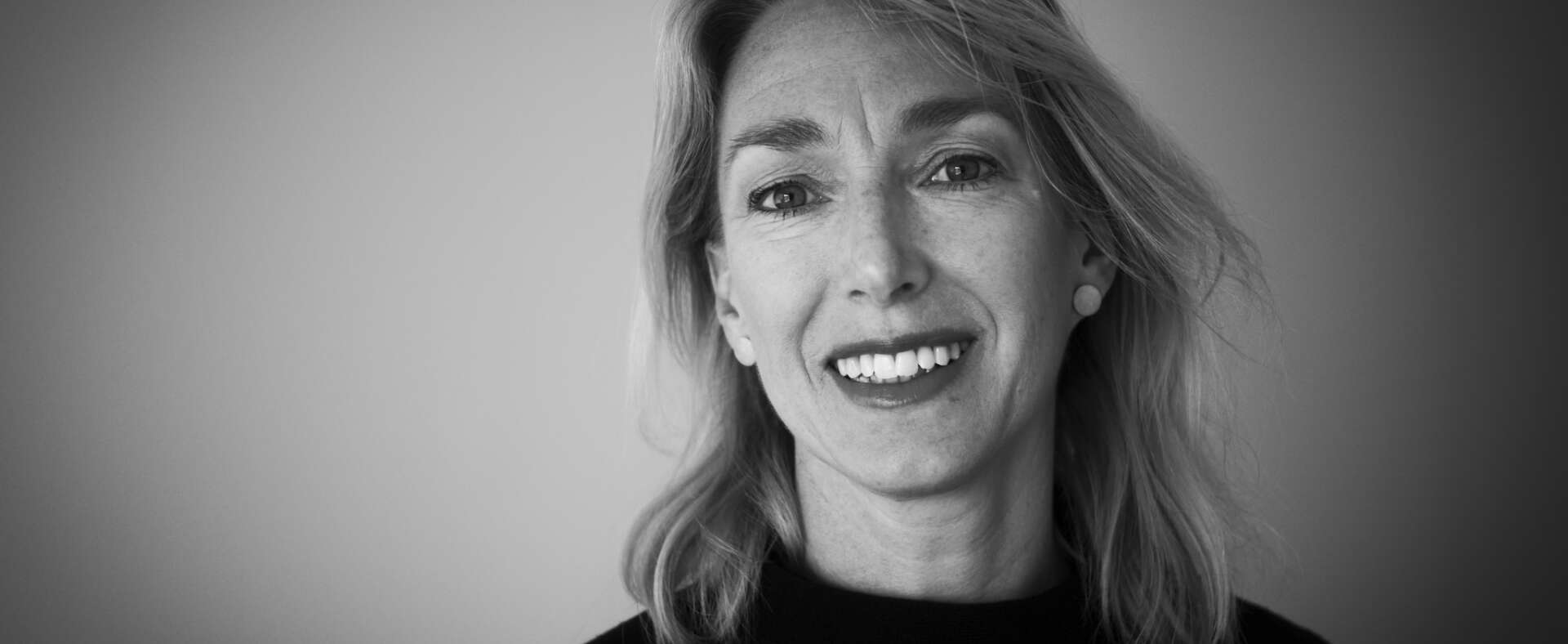
In our series of interviews post-Nordisk Panorama Town Hall, doc commissioner Nyed unveils the Swedish regional film fund’s documentary strategy and vision.
Lisa Nyed has been Commissioning Editor for Sweden’s regional film fund Film i Skåne since 2015. Her budget for development and co-production of documentary films of all lengths is around SEK 3 million (€273,000) for 2022.
Among recent films backed by Film i Skåne are the award-winning Nelly & Nadine by Magnus Gertten (Auto Images), Daughters by Jenifer Malmqvist (WG Film), and Gabi, Between ages 8 and 13 by Engeli Broberg (House of Real Sweden).
What are the biggest challenges you are facing today, and concretely what are you doing to promote documentary filmmaking as an industry and an art form?
Lisa Nyed: As a regional film fund, Film i Skåne supports filmmakers and production companies in our region through the co-production of projects, consulting and talent development initiatives. We see a strong interest in documentary filmmaking, and some of the films' artistic and festival successes truly inspire new filmmakers. The red carpet factor is still vital for attention, and we do not make a difference between documentary/fiction. Several of our co-produced documentaries are supported in a regional premiere, with politicians invited, and we co-produce Nordisk Panorama in Malmö as an important festival and platform for strengthening the industry. Through the years, we have contributed to Malmö being seen as the capital of documentary film.
As documentary commissioning editor at Film i Skåne, I experience the severe challenge of underfunding in projects. Several funding sources coming together are needed to achieve economic sustainability, which is necessary to get talent and producers with experience to continue in documentary filmmaking. Strengthening networks and giving a strong sense of belonging is essential in an art form with long development periods and step-by-step funding. We encourage exploration, but that takes time.
After the pandemic, international co-production relationships often need to be rebuilt, but the eco-system of production and distribution of documentaries is challenged. At the same time, many projects in development during the pandemic now need to go into production at the same time. Therefore, coming together in a town hall to talk about our aims and what our field of the industry strongly contributes to is of great importance.
Engagement with a diverse audience-wherever they are is more important than ever. What are your recipes to be better in that field?
LN: As a fund, we need to consider project relevance for different audiences. We engage a lot in advising new producers and filmmakers, so a part of my work is also to listen and learn from many sources. I gain much knowledge from working in a region with creators with international networks and experiences, also outside of Europe.
I organise activities and sessions for Docu Regio, a network of regional film funds in Europe, within Cine Regio. Since last year, we have been looking into documentaries for young audiences in collaboration with KIDS Regio and learning a lot from M:Brane and their initiative Real Young with IDFA. The knowledge gathered will be used in lobbying for the importance of great documentaries for more age groups and is shared in panels and workshops.
We continuously launch special talent development programmes and next year, we hope the Swedish Film Institute’s ‘Talent to Watch’ initiative continues and can expand into documentary filmmaking.
Within our talent development programmes, we have worked with external recruiters to reach potential applicants all over the region who are not yet aware of what Film i Skåne has to offer. We encourage introducing thinking and understanding audiences at the development stage, and within Programmet Långfilm for feature fiction, we have also had a chance to test this.
Another aim is to help in keeping cinemas and screening spaces, also in rural areas. My colleague Jeanette Scherva, Commissioner for Screening and Distribution, initiated Biolabb during the pandemic to gather cinemas across Sweden to prepare and inspire in audience building once events and screenings would re-open for audiences.
Have you embraced the shift towards streaming and if so how? if not, why?
LN: Film i Skåne is co-producing projects, also from streamers, when it makes sense to the project‘s financing and distribution model and our regional purposes. As co-producers, we need transparency, and the co-producing partners share rights in the project.
What do you feel are the priorities in the Nordics to improve documentary filmmaking towards 2032?
LN: This Nordisk Panorama Town Hall session made the point in coming together to raise important issues and stand strong in tough times. Collaboration and sharing knowledge and experiences across organisations and filmmakers is key. There is a continuously growing interest in documentary filmmaking - over 70% of films funded by the SFI documentary commissioners in production were made by debuting directors in 2020. We must ensure documentary filmmakers and producers can stay curious and brave and have economic sustainability to attract creators to continue developing.
I see a significant interest among youth audiences in documentary films. But they do not necessarily know where to look for excellent documentary films that they could enjoy since they base most choices on social media, and their algorithms don’t necessarily help in finding documentaries. We should be better at reaching the youth in the next decade. The big question is of course, how. We need expertise and dedicated partners.
Ideally, where would you like to be in 2032?
LN: As a regional film fund, Film i Skåne would like to grow in funding capacity and continue to support both the development of individual creators and the audiovisual industries in our region through funding of films, tv-series, XR. We wish to be an attractive partner for collaborations and productions.
The work we do in enhancing knowledge and networks in talent development, screening, festival support and media literacy helps the eco-system of building audiences and talent alike. And Malmö is still seen as the capital of documentary!”